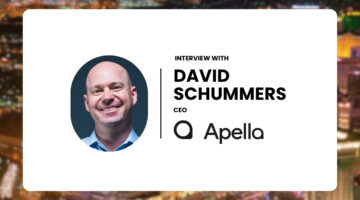
Demand for GLP-1 drugs — which help patients feel fuller for longer and lose weight — is skyrocketing. In response, virtual healthcare provider Omada Health is launching a program that offers lifestyle and behavior support to patients who are struggling with chronic obesity and taking GLP-1s, the company announced Wednesday.
San Francisco-based Omada Health serves employers, health plans and health systems and provides virtual care for diabetes prevention, weight management, diabetes, hypertension, musculoskeletal issues and behavioral health.
The company chose not to prescribe GLP-1s itself, but is instead helping patients taking the drugs (prescribed by their primary care physician or a telemedicine company) with behavior change support. Omada’s program will provide training from health coaches on how to take GLP-1s and give access to a GLP-1 peer group. The company is also offering educational materials on the side effects of GLP-1s (such as nausea and vomiting), how to appropriately take the drug and how to reduce weight gain when they decide to go off the drug. In addition, Omada is helping its employer partners with administering coverage policies of GLP-1s.
“Our strategy is to support all members with data-empowered care teams that teach and encourage evidence-based lifestyle changes, including for those taking GLP-1s,” said Sean Duffy, CEO and cofounder of Omada, in an email. “These medications are a breakthrough, yet, they should be offered alongside programs to support lasting behavior change.”
While GLP-1s have proven effective for weight loss, the FDA recommends that the medications are taken alongside diet and physical activity changes. Patients often regain two-thirds of their lost weight after they stop taking the drug, according to a study published in Diabetes, Obesity and Metabolism. In addition, the drugs are often costly for employers. It is for these reasons that Omada chose to launch this program to provide lifestyle change support for those taking GLP-1s, Duffy said.
“Paying for these medications without requiring behavior change alongside it is a major lost opportunity for the responsible use of GLP-1s and in terms of managing the costs of these breakthrough medications,” Duffy stated.

Transforming the OR: CEO Reveals Game-Changing AI Tech for Better Efficiency
How Apella leverages technology to increase OR efficiency.
He added that helping patients with lifestyle changes will ultimately support them better in the long run than only relying on medications.
“At the end of the day, we don’t envision a world in which members are on a lifetime prescription of expensive injections that come with risks and side effects,” Duffy said. “That’s why we are focused on providing members who have been prescribed these medications with lifestyle change support and coaching so that they can achieve their long-term health goals.”
Other companies providing support for patients struggling with obesity include Found and WeightWatchers.
Photo: puhimec, Getty Images








